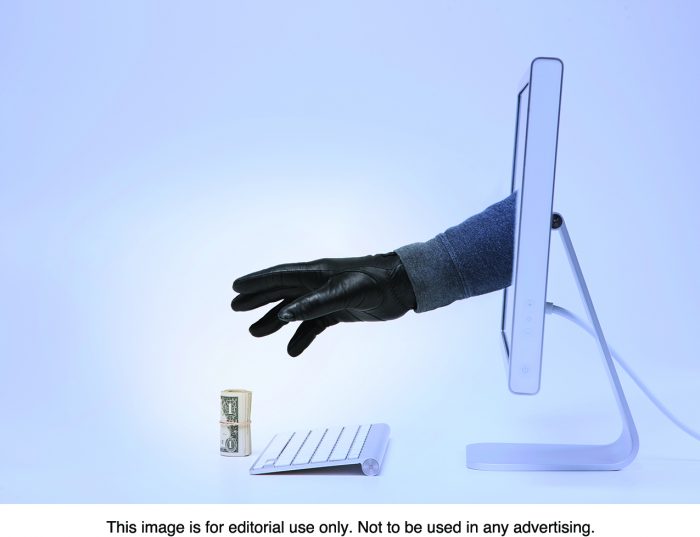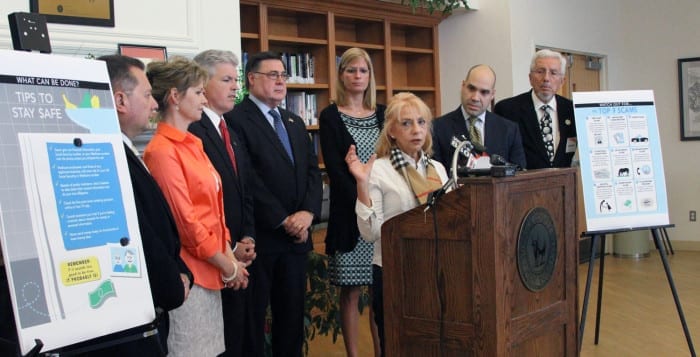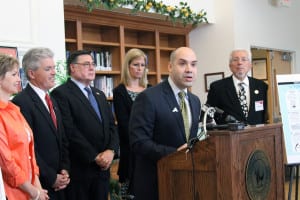An anonymous caller posing as a member of the Port Jeff Village code enforcement targeted a local business Jan. 4, demanding immediate payment for an alleged outstanding violation. The caller was reported to have requested the business to send money immediately electronically.
The village authorities were quick to respond to this scam, issuing a warning to all residents and local businesses. The affected business reported the fraudulent call on the morning of Jan. 5, prompting immediate action from code enforcement.
Port Jefferson Village code enforcement chief Andy Owen emphasized in a statement that the village officers “will never call your business demanding money.” He urged residents and businesses to remain vigilant.
“We want to assure and alert the community that this is, in fact, a scam, and we are actively working to prevent further incidents,” Owen said in a statement to the community.
The village code enforcement team is collaborating with Suffolk County Police Department to investigate the matter thoroughly. Anyone who receives suspicious calls or demands for immediate payment is urged to report them immediately to both Suffolk police and the village Code Enforcement Bureau.
In light of this incident, the community is advised to be cautious of unsolicited calls, especially those demanding immediate payments. The Port Jeff Village code enforcement team is actively working on increasing awareness and implementing measures to prevent such scams in the future.
With the increased presence of technology in our communities, scams of all kinds are on the rise. According to TechReport, “Daily, one out of every 10 calls is a scam call.” Additionally, TechReport statistics reveal that scam calls increase by the year. From the source’s scam call trend, there was an increase of 118% in 2021 from 2020.
Suffolk County residents are reporting increased scam calls, with fraudsters employing tactics such as posing as utility companies, enforcement authorities or even distant relatives in distress. The rise in these deceptive practices has prompted local authorities to collaborate with telecommunications providers to explore ways to combat and trace these illicit activities.
In lieu of the recent uptick in reported scams, New York State Attorney General Letitia James (D) issued an alert advising residents to take the following precautions to safeguard themselves from falling victim to scams:
Never give your personal or financial information to someone who calls you. Think of the phone as a “one-way street” — only give out personal information if you made the call. Be sure to verify that the phone number is legitimate.
Don’t engage the caller. Scammers can manipulate caller ID so that it appears to be an “official” call or a call from your city or town. Only answer calls when you recognize the number. If you do answer, hang up if it seems like a scam, or consider using a call-blocking app.
Government agencies usually reach out to you in writing. A government agency will not call you, threaten your arrest or demand payment.
Residents and business owners are urged to report any suspicious calls or demands to the authorities.

















